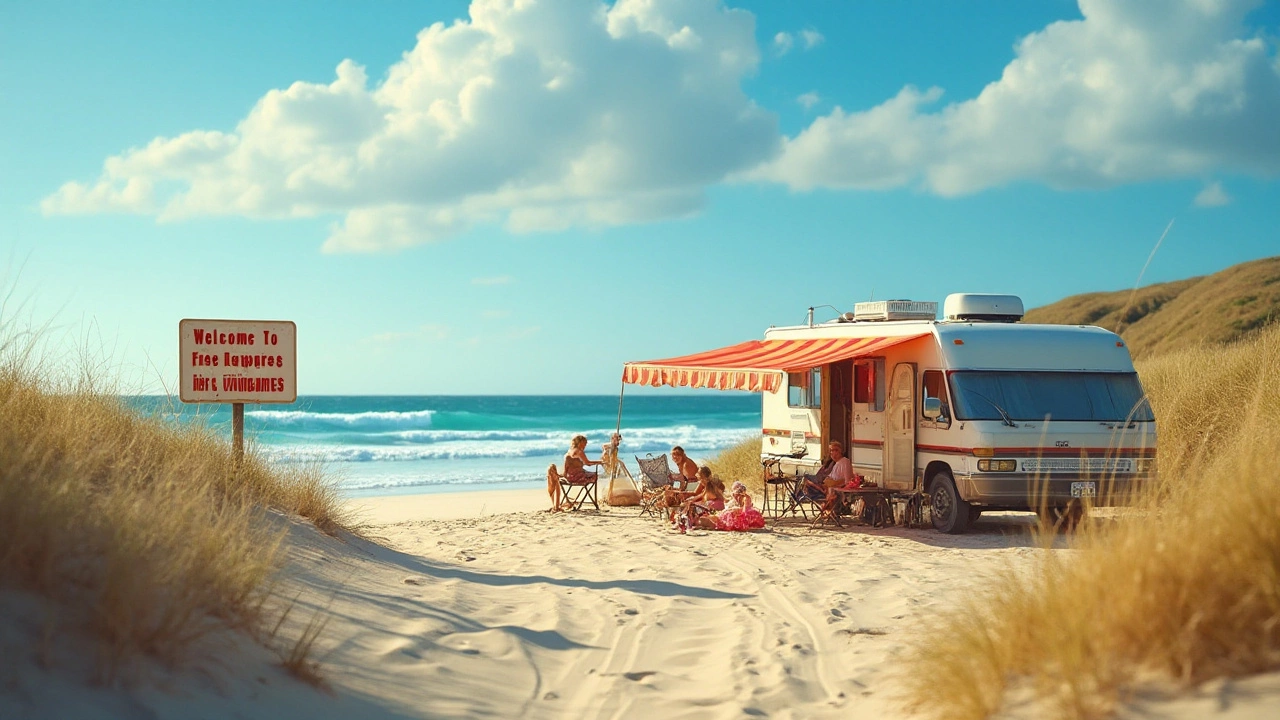Boondocking Restrictions: Your Quick Guide to Legal Overnight Stays
If you love driving your motorhome and sleeping under the stars, you’ve probably heard the term “boondocking.” It’s just wild camping without hookups. The idea sounds free, but there are rules you must follow. Ignoring them can get you a ticket, a tow, or a nasty encounter with the police. This guide breaks down the biggest restrictions so you can enjoy boondocking without drama.
UK Boondocking Rules You Can’t Ignore
In the UK, wild camping is only legal in Scotland under the Land Reform Act. England, Wales, and Northern Ireland treat it as trespass unless you have permission. That means you can’t just pull into a field or a roadside unless the landowner says it’s OK. Many councils allow you to park on a lay‑by for a few hours, but sleeping overnight is usually banned.
Here are the must‑know points:
- Check for signs. A “No Camping” sign means you must move.
- Look for public land that explicitly allows wild camping, like certain national forest areas.
- Always leave the site cleaner than you found it – no fire pits, no waste.
- If you’re near a small town, ask the local shop or tourist office if they know any legal spots.
- Keep your stay short. Staying more than a night or two can attract attention.
Our article Boondocking Explained: Wild Camping for Motorhomes and Adventurers goes deeper into why boondocking works for UK travellers who respect the land.
US Boondocking: State‑by‑State Basics
In the United States the picture is more varied. Each state sets its own rules, and even counties can have different ordinances. Generally you’ll find three legal options:
- National Forests and BLM land – most allow dispersed camping up to 14 days in one spot, but you must stay off private property and follow fire bans.
- Retail parking lots – many Walmart, Cracker Barrel, and truck stops let you stay overnight, but it’s always polite to ask the manager first. Our piece Is Boondocking at Walmart Safe? covers the etiquette and safety tips.
- State parks and rest areas – many let you park for a night, but some require a fee or restrict the number of vehicles.
Key things to remember across the US:
- Never camp on private property without permission.
- Check local fire restrictions, especially in dry seasons.
- Stay within the allowed time limit – usually 24‑48 hours for a single spot.
- Leave no trace – pack out all trash and avoid damaging vegetation.
- Use apps like iOverlander or Campendium to see recent user reports on parking rules.
If you’re heading to California, you’ll find specific articles on sleeping on the side of the road and beach parking that explain local quirks and penalties.
Bottom line: boondocking is great, but you need to treat each spot like a temporary guest. Look for signs, ask when in doubt, and always clean up after yourself. Following these simple rules keeps you safe, saves money on campsite fees, and lets you enjoy the open road without getting hauled away.
Now you’ve got the basics, go plan your next overnight stop. Check the local council website for England or Wales, scan the BLM maps for the US, and keep your phone loaded with a good camping app. Happy boondocking!
-
 VIEW POST
VIEW POSTLegal Insights on Boondocking at Beach Campsites Across the U.S.
Dec, 14 2024|0 CommentsBoondocking, or free camping, offers a unique way to explore the natural beauty of beach areas across the United States. However, the legality of boondocking varies widely from state to state, with some places enforcing strict regulations. Whether you're an RV enthusiast or a budget traveler, understanding where you can legally camp without hookups is crucial. This article delves into state-specific laws, offering tips and insights to help you navigate the rules and enjoy your beachside adventures responsibly.